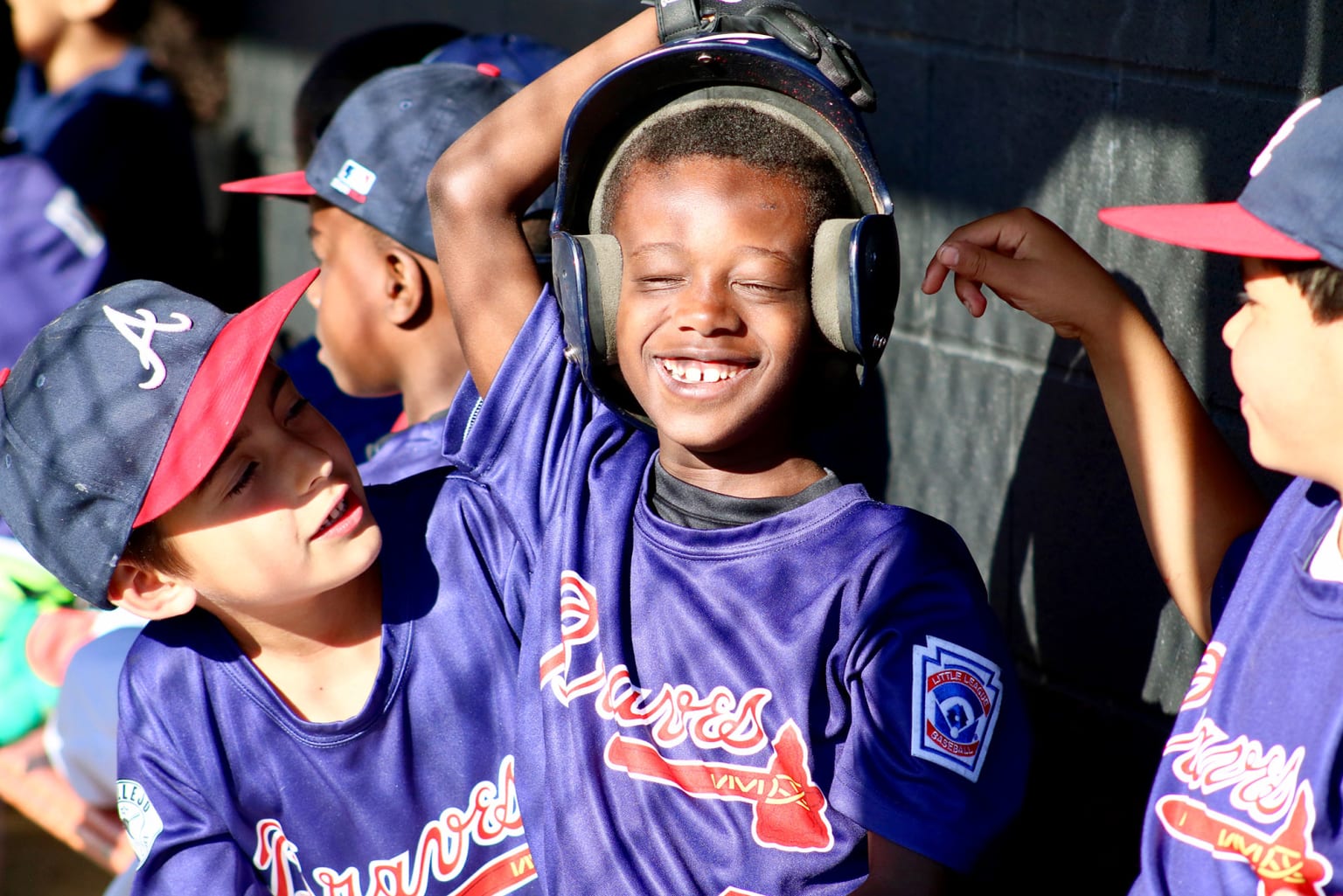Three Basic Tips to Make Sure Kids Have Fun, Healthy Sports Experiences

By Dr. Tommy John
Parents need to understand that the ‘real key’ to having their young athlete enjoy sports and stay healthy (for however long they choose to play them) is almost entirely in the parent’s hands. That’s right—their success is tied to the decisions that you make as a parent, and how committed you are to making sure that the happiness and wellness of your young athlete comes first.
1. Don’t push
If your child is involved in sports, it should be because they want to be—never because they feel they have to be. But to know for sure, I have parents ask themselves four questions to see if there are any warning signs to watch for.
- Are your children in sports only because it’s convenient for you?
- Are your children in sports because everyone else’s kid is?
- Are your children in sports only because you were?
- Are your children in sports because you want them to turn pro?
If you’ve answered yes to any of the four, the chances of your child participating in the sport they may not have any interest in are much higher. In which case, sitting down with your child and discussing things should take top priority.
2. Never over-evaluate your child’s performance
By always taking things too seriously, what you could be doing is stressing out your child and constantly triggering their sympathetic nervous system (otherwise known as the fight or flight response).
When your child is stressed, it causes the release of certain hormones, such as adrenaline and cortisol, to tackle that stress and anxiety, which pretty much shuts down their immune system and prevents them from healing. It’s a normal response in short-term stressful situations, but by constantly evaluating your son or daughter, you may be keeping them in a sympathetic dominant state that never allows their body a chance to rest and recover.
3. Have an off-season plan when sport season ends:
Since you shouldn’t play the same sport more than eight months of the year, you need a game plan to keep your young athlete’s eagerness for a sport satisfied when they shouldn’t be playing it. That’s where playing other sports can help. But if your child isn’t interested in any other sport besides baseball or softball, you still have plenty of options to keep their love of the game satisfied:
When the season’s over, incorporating a functional movement training program (one that uses body weight movements) seven days a week is best, along with encouraging free play time outside whenever possible. In addition to improving their body, you can also feed their minds by planning a trip to the hometown of their favorite athlete, visiting a different stadium each year, or making a point of traveling to a museum or facility dedicated to their sport. Anything that satisfies their thirst to learn more about baseball or softball—but allows them enough time to heal and recover—is ideal.
About Dr. John: Dr. Tommy John played professional baseball, and, following his playing days, has pursued a career that combines his passions of sports with his professional background as a Doctor of Chiropractic and a Master’s Degrees in Heath and Exercise Science. Son of former MLB pitcher Tommy John and Sally John, a former member of the Little League International Board of Directors, he owns the Dr. Tommy John Performance and Healing Center and published his book, Minimize Injury, Maximize Performance: A Sport’s Parent’s Survival Guide, in June 2018.